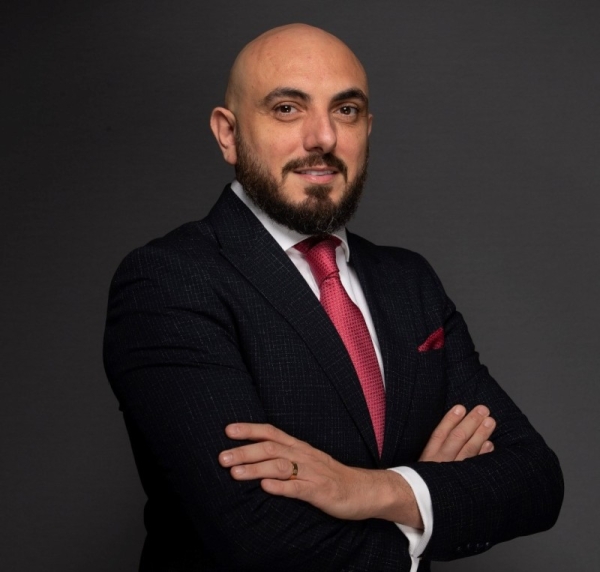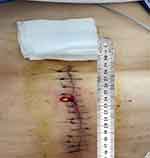GCC feminine hygiene market presents growth opportunities for impact investors


Impact investing — deploying capital into organizations to generate a measurable positive social or environmental impact alongside a financial return — is increasingly finding suitors in the GCC region. A testament to this notion is a consequent rise in supporting data and studies. Days ago, international management consulting firm Arthur D. Little published a report titled ‘Middle East Banks drive growth in ESG finance, face calls for ESG strategy’, where it made startling revelations: MENA region generated $24.55 billion in green and sustainable finance in 2021 — up by a whopping 532% YoY. In 2022, the UAE alone witnessed a 32% YoY increase in such funds, indicating the market’s readiness for impact investing.
“In the last decade, Middle Eastern economies have epitomized growth, incentivizing investors across the world to enter the market. More recently, the investment discourse has shifted to include ESG due to conscious and demonstrated efforts from regional policymakers and corporates. Investors, eager to keep pace with evolving trends, are gaining strategic exposure to asset classes with a strong ESG element,” explained Dr Elias Abboud, Founder and CEO of PECTIV, a Dubai-based female technology (FemTech) company specializing in feminine hygiene products. Dr Elias’ cause for optimism stems from his first-hand observations of investor activity in the FemTech segment, whose growth has implications for the health and well-being of adolescents and older women.
GCC feminine hygiene market: At the crossroads of sidestepping taboos and embracing innovation
In recent years, some of the menstruation-related challenges that regional women have silently endured for ages have come to the fore. Several organizations delved deeper, scratching beneath the surface of common biological phenomena plagued by restrictive taboos. PECTIV, for its part, found that about 83% of women face problems such as rashes, sensitivity, irritation, low absorption, and side leakages due to the use of ordinary sanitary products available in the market. The survey, involving 611 respondents from across the socioeconomic strata, and its findings underscored the need for solutions that address customer pain points, including taboos.
“Women-centric progressive reforms across the region, their increased economic participation, and growing spending power are ushering in a new era of growth in the feminine hygiene market. The dynamism has, in turn, led to the traction of the FemTech segment, the intersection of cutting-edge technologies and feminine hygiene. This intersection is ripe for impact investing due to its digitalization imperative and potential for robust social outcomes, including women empowerment, health and well-being,” opined Dr Elias. Supporting his belief is PECTIV’s sustainable growth since its inception: $500,000 in turnover in less than two years and a 200% YoY growth in H1 2022.
Untapped opportunities for sustainable growth
Despite the growing awareness and traction of FemTech startups, the feminine hygiene market, Dr Elias maintains, is still in its nascency. While product-led growth, attributed to innovations such as nanotechnology-based sanitary pads, is well underway in the market, lingering taboos continue to pose a hindrance. As a result, many women continue to shy away from procuring innovative products at the stores in the presence of others, especially men. So, FemTech innovators are concurrently emphasizing service-led growth, which, in PECTIV’s case, is exemplified by its first-of-its-kind subscription-based doorstep delivery services in the region. The product-service amalgam has unlocked a colossal market opportunity in the region.
“The problem-solving approach is the ultimate value proposition. The whole impact-investing sub-sector is predicated on solving/mitigating some of the most pressing challenges facing humankind. With PECTIV, we understood the restrictive roles that taboos play in depriving women of solutions that can seamlessly solve their problems, which otherwise must be endured in silence. Providing greater access is a cause worth fighting for and investing in,” concluded Dr Elias Abboud.





